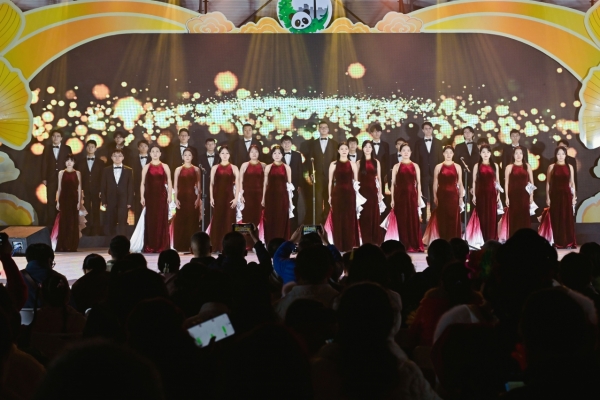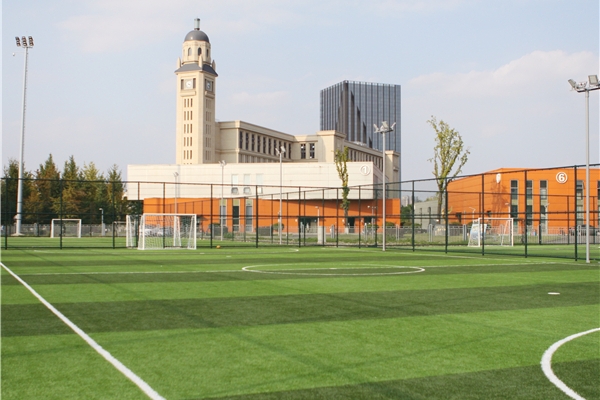即可将网页分享至朋友圈
教师发展中心“学者论坛”活动特别邀请香港中文大学李晨钟教授来校作学术交流,具体安排如下,欢迎广大师生参加。
一、主 题:生物芯片和生物传感器中的生物电子学
二、时 间:2023年6月29日(本周四)15:00—16:30
三、地 点:清水河校区综合楼131会议室
四、主讲嘉宾:香港中文大学 李晨钟 教授
五、主持人:生命科学与技术学院 尧德中 教授
六、内容简介:
Bioelectronics is referred to as an integration of biomolecules and electronic elements that combines diagnostics and therapeutics, aiming to biomolecular detections and manipulations, which would be a key part of “smart” medicine. Various biomolecules exhibit their intrinsic biological electrical properties such as redox potentials, charge transfer rate, membrane potential, impedance, etc. On the other hand, the unique electronic, optical, physical, and catalytic properties of engineered nanomaterials and biomaterials provides new strategy of combining Bio and Electronics together to yield functional devices such as biosensors. In my lab, we aim to integrate nanomaterials and biomolecules with MEMS technology, IoTs and analytical systems to develop highly sensitive miniaturized analytical instruments for biomedical sensing and noninvasive medical therapy.This lecture will outline our recent research activities for the fundamental study of physical and electrical properties of cells, as well as the development of a new generation of Point of Care Testing devices and cell/organ on chips. By recapitulating the multicellular architectures, cell-cell interfaces and physicochemical microenvironments, these devices enable high-resolution, real time sensing and in vitro analysis of biochemical, genetic, and metabolic activities of living cells/tissues in a functional tissue and organ context. Several newly developed bioelectronic platforms will be introduced including: 1). Biosensors for neuron chemical mapping; 2) Organ-on-a-chip for whole cell analysis and manipulation. The biosensors can monitor crucial cell signaling networks cell metabolic pathways, as well as detecting diseases in their earliest stage, titrating drug effects and enabling worldwide remote diagnosis.
七、嘉宾介绍:
李晨钟,香港中文大学教授,加拿大国家工程院院士,美国国家发明家科学院National Academy of Inventors(NAI)院士,国家级人才,杰出青年基金(海外)获得者。美国医学生物科学研究院AIMBE Fellow,IEEE 资深会员。曾任美国杜兰大学医学院细胞和分子检测中心副主任,美国国家科学基金委NSF生物芯片学部主任,美国佛罗里达国际大学生物医学工程 the Worlds Ahead 教授。国际著名期刊Biosensor and Bioelectronics 期刊主编,SCIENCE合作期刊RESEARCH 期刊副主编。主要从事生物电子、电磁理疗、纳米材料和生物传感芯片的研究和应用型技术的开发,特别是在临床诊疗、脑科学,环境及生物防卫相关的最新水平微小型生物传感器技术和快速诊断及检测(POCT)的应用。在细胞生物传感器的研发方面具有丰富经验,目前已研究开发出几种生物传感器,如单细胞生物传感器、器官芯片、生物标志物传感器、神经芯片传感器、细胞阻抗生物传感器、纸芯片生物传感器等。已发表180篇SCI科学论文,并且是18项国际专利的主要发明人,曾是中、美、加拿大等三个初创企业的创始人和技术总监。
八、主办单位:教师发展中心
承办单位:生命科学与技术学院
编辑:李果 / 审核:李果 / 发布:陈伟


